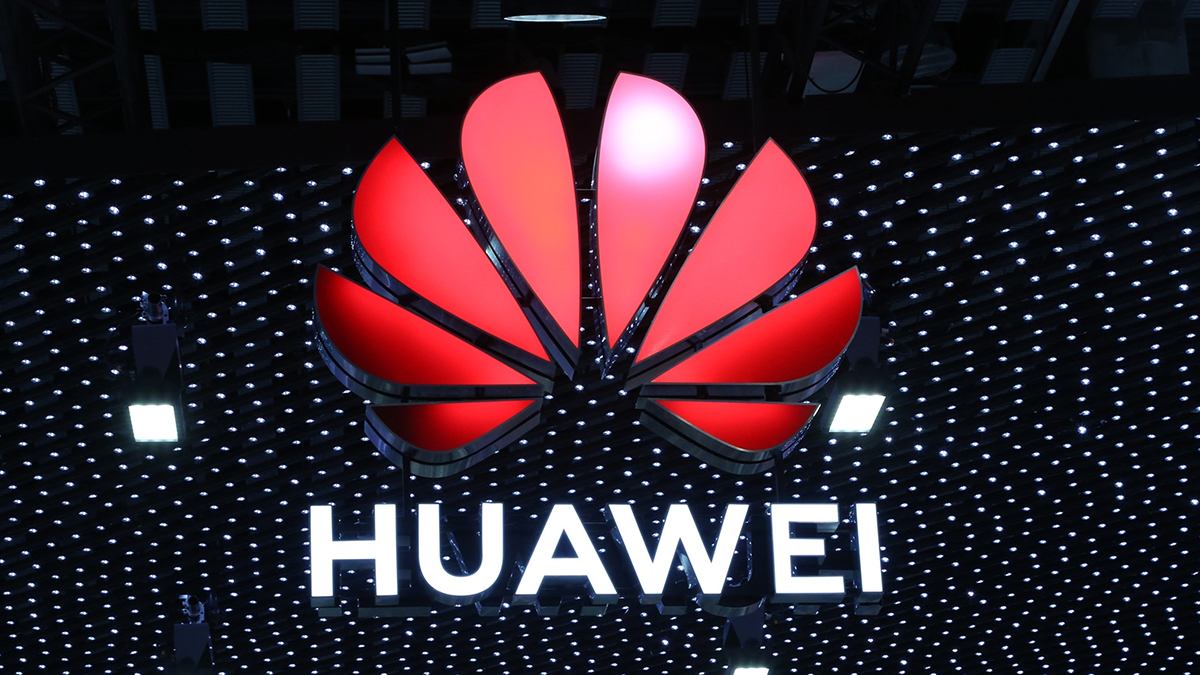Huawei registers the Harmony name for its own OS in Europe
File with Hongmeng and Ark

Sign up for breaking news, reviews, opinion, top tech deals, and more.
You are now subscribed
Your newsletter sign-up was successful
As Huawei continues to deal with uncertainty over its future US relations and its access to the Android and Windows operating systems, it's been busy working on in-house OS replacements to plug potential gaps – and a new name for them just surfaced.
Huawei has registered the name "Harmony" with the European Union Intellectual Property Office, reports LetsGoDigital, which may end up being the name of the software used on Huawei phones and laptops in the future.
The application mentions both "mobile operating systems" and "computer operating systems", so it sounds like an all-encompassing software platform – or at least one that shares the same name.
- Check out the very best Android phones
- The Google Pixel 4 is in the wild
- Sony might make a rollable smartphone
File this alongside other names we've heard for Huawei's own-brand OS, including Hongmeng and Ark. It's possible that Huawei might use different labels in different regions if its access to Android and Windows gets cut.
The story so far
Besides the actual Harmony name, the trademark application doesn't reveal too much else about what Huawei is plotting. We do know that these operating system projects have been in the pipeline for several years, but friction with the US means they might be needed more urgently.
While the Trump administration has made noises about a friendlier relationship with Huawei in the future – at least as far as consumer products are concerned – it's still not clear if Huawei will be able to rely on Android and Windows in the years ahead.
Of course Huawei would also face the challenging prospect of getting app developers to port their products over to Harmony, Ark, Hongmeng or whatever the new operating systems end up being called.
Sign up for breaking news, reviews, opinion, top tech deals, and more.
With that in mind, it's no surprise that the company is accelerating efforts to have its own operating systems in place, should the worst happen. No doubt there are plenty more twists and turns in the saga to come.

Dave is a freelance tech journalist who has been writing about gadgets, apps and the web for more than two decades. Based out of Stockport, England, on TechRadar you'll find him covering news, features and reviews, particularly for phones, tablets and wearables. Working to ensure our breaking news coverage is the best in the business over weekends, David also has bylines at Gizmodo, T3, PopSci and a few other places besides, as well as being many years editing the likes of PC Explorer and The Hardware Handbook.